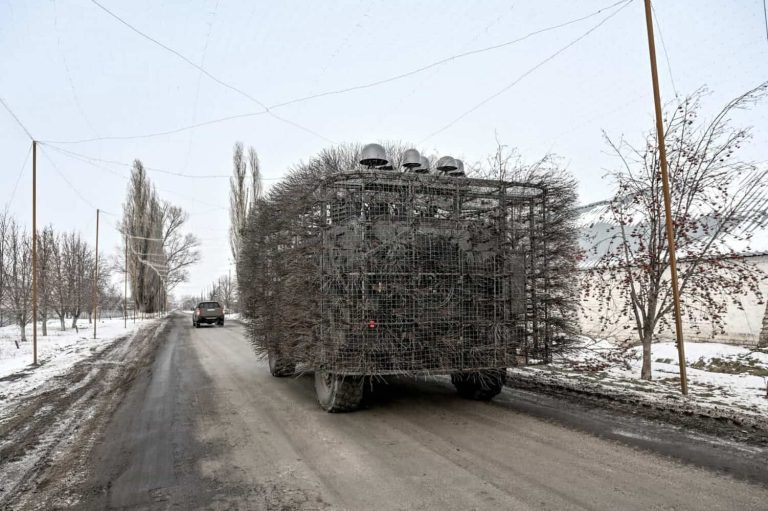
The Nigeria Centre for Disease Control and Prevention (NCDC) has confirmed that there are no reported cases of Ebola virus disease in Nigeria at present.
In a public health advisory issued on Saturday, the agency’s Director-General, Dr. Jide Idris, said the NCDC is working closely with relevant ministries, departments, agencies, and partners to strengthen preparedness and response measures.
According to the agency, heightened surveillance has been activated at Nigeria’s borders and points of entry to enable early detection of potential cases, while infection prevention and control measures are being reinforced in health facilities nationwide to protect patients and healthcare workers.
The NCDC further disclosed that its risk communication and community engagement structures have been activated to deliver timely, accurate information to the public, as well as counter misinformation, rumours, and misconceptions.
The move comes in response to a fresh Ebola outbreak in the Democratic Republic of the Congo (DRC), which has claimed 16 lives, including four health workers, from 28 suspected cases in Kasai Province. Laboratory tests conducted on September 3 at the National Institute of Biomedical Research in Kinshasa confirmed the outbreak was caused by the Zaire strain of the Ebola virus.
The DRC, which has recorded 15 Ebola outbreaks since the disease was first identified in 1976, last reported an outbreak in 2022, which was contained within three months. Kasai Province previously experienced outbreaks in 2007 and 2008.
While vaccines and therapeutics are available for certain strains, the NCDC stressed that early recognition, isolation of patients, and supportive treatment remain critical to reducing deaths.
The agency urged Nigerians to maintain strict hygiene practices, avoid physical contact with individuals showing unexplained symptoms, and refrain from handling or consuming bush meat such as fruit bats, monkeys, and apes. It also advised that animal products be thoroughly cooked before consumption, and that protective clothing be used when handling animals.
The public was further warned against direct contact with the blood, saliva, vomit, urine, or other bodily fluids of suspected or confirmed Ebola patients.
Nigerians who develop symptoms after travelling to or from affected countries are advised to call the NCDC toll-free line (6232) or their State Ministry of Health hotline for immediate guidance and remain in place until health responders arrive.
Healthcare workers, the advisory emphasized, must strictly observe infection prevention protocols, including the use of personal protective equipment (PPE).
The NCDC also cautioned against non-essential travel to countries with confirmed Ebola cases.
Meanwhile, the agency noted that Nigeria continues to battle other infectious disease outbreaks, including Lassa fever, meningitis, diphtheria, mpox, measles, and anthrax.



